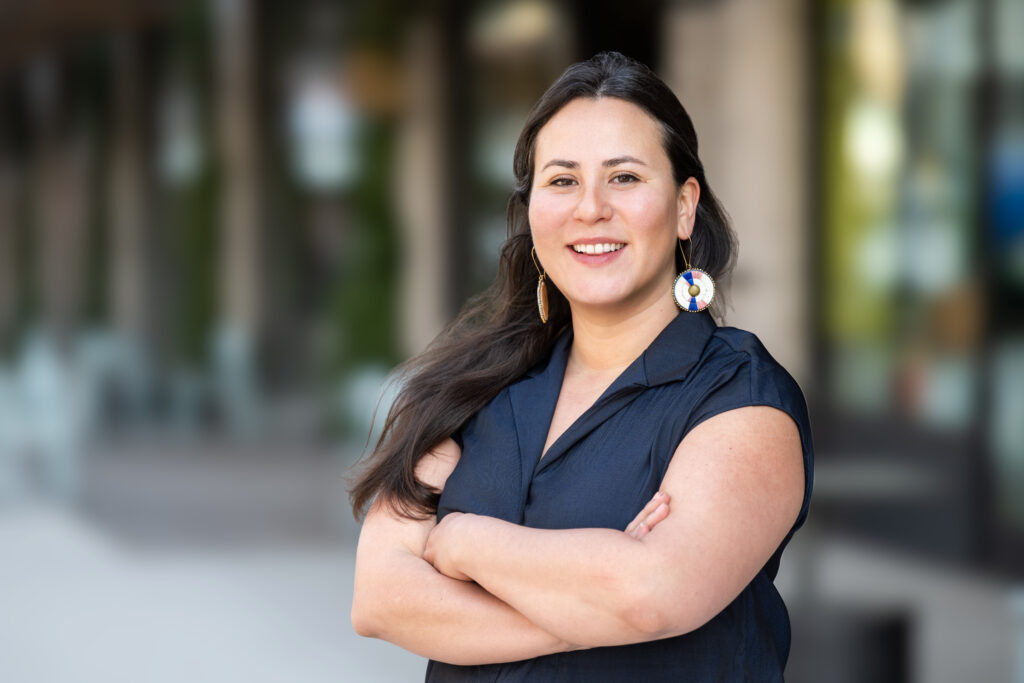Traditional Ecological Knowledge and Culturally Appropriate Research Methods
Traditional Ecological Knowledge (TEK) asks us to reconsider how knowledge is produced and whose knowledge is valued. In academic spaces, knowledge is produced through studies that use a controlled environment and are absent other variables when possible. With an indigenous lens, knowledge is gained through longevity of exposure and attunement to complex ecosystems like nature itself to find patterns over generations, paying special attention to human-nature interactions.
Using a TEK framework of learning challenges its user to consider both Indigenous and western knowledge systems and approaches, while not valuing one over the other. Rather, it is a framework that serves as a bridge where its users can recognize differences and not discredit the “other” knowledge system and to focus on long-term learning. Within NAI’s Tribal Nation Outreach Project, TEK would serve as a method of engaging and gathering information from two different spaces, namely tribes and the University, that hold different knowledge systems.
Indigenous people have a painful history regarding western research as it has been sometimes used in efforts to further colonize or assimilate indigenous people by limiting research questions or inappropriate policy generated from research studies, for example. Furthermore, indigenous people are often the evaluated and there is a tendency to take knowledge and take data and take resources without regard for the needs of the community and without regard for reciprocity. It is imperative that researchers use culturally appropriate strategies to dismantle these power dynamics and to interrupt these historic patterns. Redress for research harm is imperative and is done by cultivating trust between these spaces and by sharing power in these learning endeavors.
One recent example is the Towards Recognition and University-Tribal Healing (TRUTH) Project which I led. The team conducted outreach and engagement with tribes to examine the past, present, and future of University-Tribal relations using a community-based participatory model. First, interviews were conducted with each tribal government to assess understanding of this issue and to gather information regarding interactions between tribes and the University. Next, one representative from each tribe joined the research team where they were given background information about University-Tribal relations and trained in archival research methods. Finally, each Tribal Research Fellow examined University-Tribal relations using archival and indigenous methodologies and presented their experience and their findings from each place-based, tribally based study of University-Tribal Relations at the TRUTH Project Symposium in May 2022. Report to be publicly released early 2023.
Through this project, we had a number of successes in trust-building by favoring methods that are non-linear like semi-structured interviews instead of highly structured instruments; by allowing a process that honors cultural practices like data collection that has space and time for niceties and visiting beforehand and for the participant to tell stories at their own pace, protocol greetings and gifting where appropriate, and transparency with data use, participant protections such as anonymity and confidentiality; and by ensuring that any report or findings are shared back to ensure a useful product are some strategies that our team uses. More than anything, trust-building takes time.



